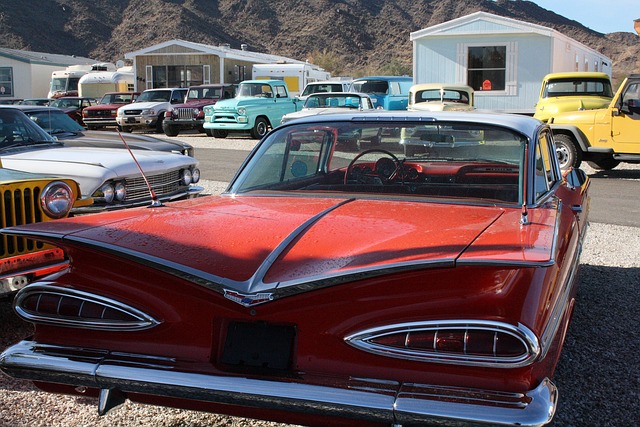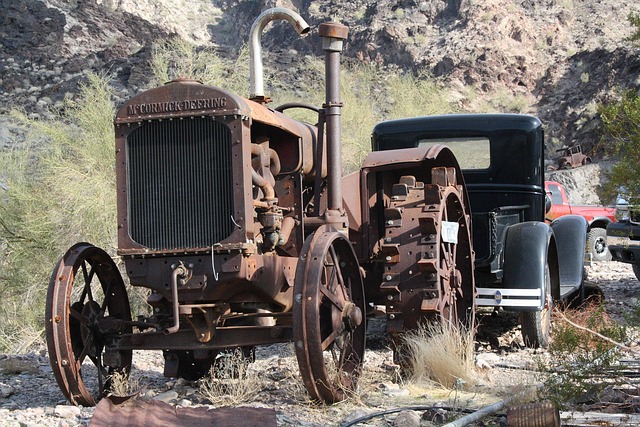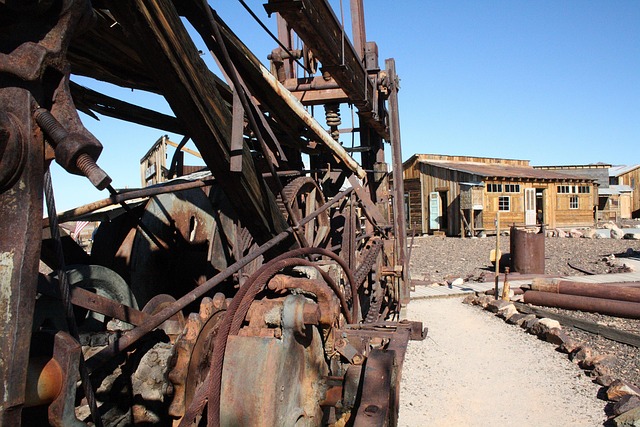Desert boondocking emphasizes understanding unique landscape "real estate" including open spaces, terrain, ecosystems and weather. Key considerations are water access and stable ground, while scenic views and geological wonders enhance the experience. Awareness of these features ensures safe, enjoyable and sustainable off-grid camping in remote desert areas.
Discover the allure of desert boondocking, an off-grid camping style gaining popularity among adventure seekers. This unique travel trend involves disconnecting from civilization and immersing yourself in remote desert sites. From understanding the real estate landscape to navigating challenges, this article explores why these isolated locations are so appealing. Learn about finding the perfect spot, preparing for the elements, and embracing a truly off-the-beaten-path experience.
Understanding Desert Boondocking Real Estate

Desert boondocking, off-grid camping that takes place in remote desert areas, offers a unique and adventurous experience for outdoor enthusiasts. To truly understand the concept, it’s essential to grasp the real estate aspect. In this context, “real estate” refers not just to physical land but also to the natural resources and conditions that make up the desert environment. This includes vast open spaces with minimal human development, allowing campers to disconnect from modern amenities and immerse themselves in nature. The landscape, often characterized by rugged terrain, diverse ecosystems, and extreme weather patterns, provides a challenging yet rewarding setting for off-grid living.
Campers engaging in desert boondocking must consider the unique real estate features. Access to water sources is crucial, as it’s the cornerstone of any off-grid endeavor. Some sites may offer natural springs or rivers, while others require campers to bring their own water supplies. The availability of stable ground for setting up camp and the proximity to scenic viewpoints or geological wonders are also desirable attributes. Understanding the real estate of desert boondocking ensures a safe, enjoyable, and sustainable camping experience.
Off-Grid Camping: A Unique Travel Style

Off-grid camping, also known as boondocking, is a unique travel style that appeals to adventurers seeking a more authentic and self-sufficient experience in nature. Unlike traditional camping where campsites are connected to utilities like electricity and water, off-grid campers choose locations remote enough to live entirely off the land. This can involve generating your own power using solar panels or wind turbines, collecting rainwater, and utilizing composting toilets.
For those with a passion for real estate and outdoor exploration, boondocking offers a chance to immerse themselves in breathtaking landscapes far from modern conveniences. It encourages a deeper connection with nature while also challenging campers to embrace a simpler lifestyle. As off-grid camping gains popularity, dedicated boondocking sites are emerging, providing a range of options from secluded desert areas to tranquil national forests.
The Appeal and Challenges of Remote Desert Sites

Desert boondocking offers a unique allure for outdoor enthusiasts seeking solitude and a connection with nature. The vast, untouched landscapes provide an escape from the hustle and bustle of everyday life, attracting folks who crave a more primitive camping experience. These remote desert sites are often characterized by breathtaking scenery, ranging from rugged mountains to sprawling sand dunes, offering a sense of tranquility and adventure. For off-grid campers, the challenge lies in accessing these pristine locations while ensuring minimal environmental impact.
While the appeal is undeniable, navigating remote desert real estate comes with its complexities. Unpaved roads, unpredictable weather patterns, and limited amenities test even the most seasoned adventurers. Finding suitable camping spots that balance privacy and safety can be challenging, requiring careful planning and a deep understanding of the local terrain. Despite these challenges, many campers find immense satisfaction in overcoming these obstacles, creating unforgettable memories in the heart of nature’s most rugged landscapes.






